Professor Chien-Chih, Chen
- ◆ Becoming a Conservation Expert
- ◆ From Biodiversity to Ecological Civilization
- ◆ Ecosystem Conservation Techniques
- ◆ Contribution to the Community
Tea Grower You-Li, Wang
Tea Grower You-Li, Wang
◆ Visiting Experience
Albert Tsai/Alynna Yang/Cindy Chen/Lawrence Hu/Augus Wu
Jayden Liu/Howard Luo/Claire Chuo/Zetta Chang
Albert Tsai
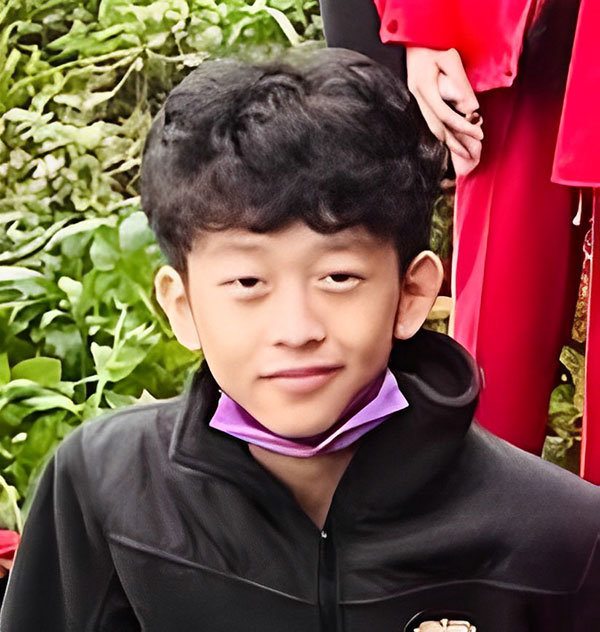
At CyberFair, I had the opportunity to visit Mr. Wang's tea field with my fellow students and teachers. Initially, I was hesitant to try the tea, but after my first sip, both Howard and I were eager to have a second, then a third, and even a fourth cup. I was curious as to why the tea was so delicious and after the tea, Mr. Wang kindly showed us around his field. His garden was quite large and he was very patient in explaining all the different plants, their care and upkeep. I could tell he had put a lot of effort into his garden's success and I was truly impressed by Mr. Wang
Top
Alynna Yang
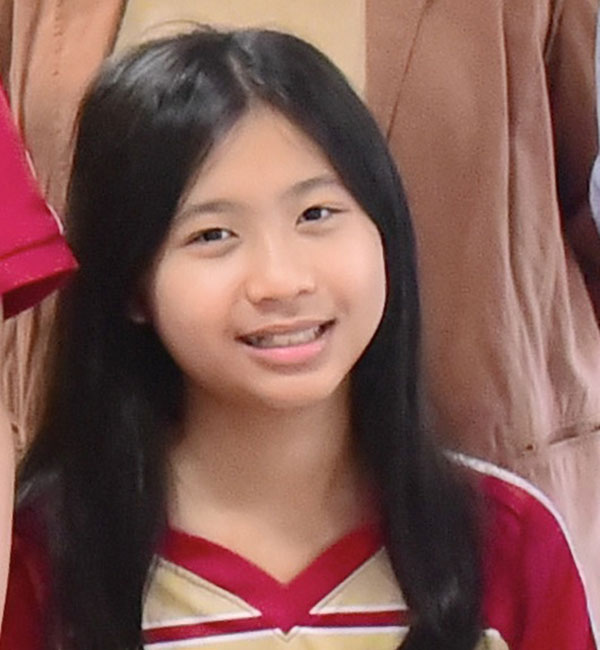
Before the winter vacation, we visited a tea farm, where we met Mr. Wang. After drinking some tea, Mr. Wang informed us about the various plants, insects, and animals living in the area. We were amazed by all the creatures inhabiting the tea farm. Mr. Wang then took us on a tour of the area, telling us stories about the place and his own life as we walked. We also had the opportunity to play with Mr. Wang's dog. Afterward, we returned to his house to watch a video about his interview and the insects living in his tea field. The video was very interesting and we enjoyed it. Sadly, we had to say goodbye soon. I hope I can visit him again to help him out with conservation.
Top
Cindy Chen

During our visit with Mr. Wang, we learned a lot of interesting information. He showed us around his tea field, where we were able to observe the traditional way of making tea. Mr. Wang explained that he had built his house by himself, and that animals often visited his home. We spotted many animals and plants in the tea garden, such as tadpoles, butterflies, and bees. The garden was large and impressive, with a strong tea fragrance, making it a beautiful ecological environment. Mr. Wang also let us taste black and green tea made using the traditional method. He then used a projector to show us a video of various animals, including rats, snakes, rabbits, and insects. This visit was very informative and made us even more passionate about preserving ecology, just like Mr. Wang's home!
Top
Lawrence Hu
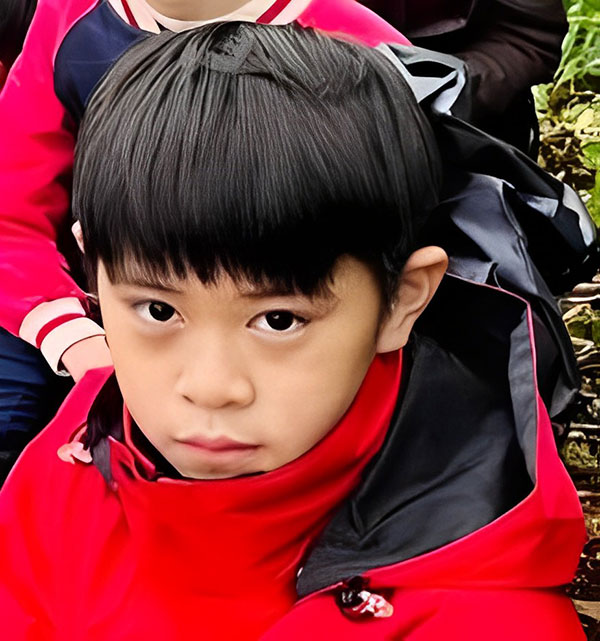
For more than 20 years, Mr. Wang has been planting tea trees in a purely natural way. At first, weeding seemed like an endless task because no chemical fertilizers, like herbicides, were used. He discovered that the tea trees were actually stimulated by the weeds, which were “competitors” to the tea trees, and that the roots of the trees were growing deeper and the plants were becoming stronger and healthier. Although the weeds still need to be removed, Mr. Wang has now better understood the natural laws of tea tree growth. I admire his determination and patience in weeding and observation and his spirit is deeply imprinted in my mind.
Top
Augus Wu
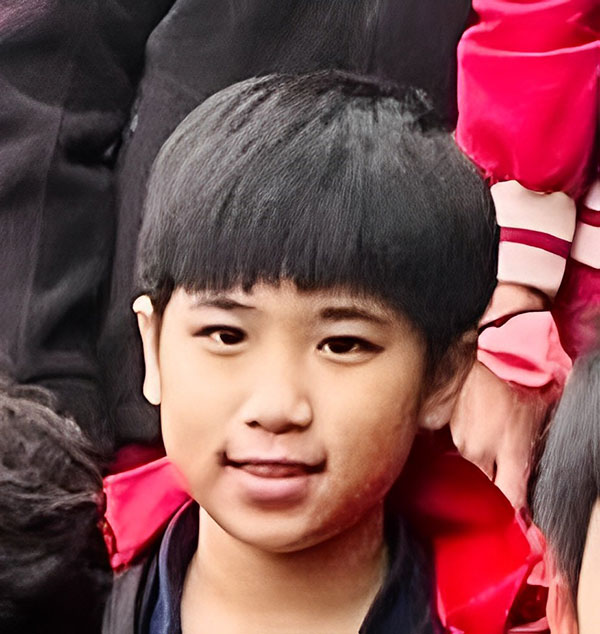
The howling of the North Wind and the chill of the cold breeze did not stop us from continuing on our tour bus to the home of the organic tea farmers, You-Li, Wang. Mr. Wang welcomed us warmly and began to introduce us to the different creatures inhabiting the tea field. He lit a fire to keep us warm as we walked around and took in the scent of freshly brewed tea. From a distance of his tea field, we could see blue buckets in the field, which turned out to be a small ecological cycle recreated by Mr. Wang for the treefrogs. Inside, we spotted jadeite tadpoles swimming around. After our investigation, we returned to the room and cozied up to the warmth of the traditional stove. Mr. Wang then showed us a documentary about the rare animals in the field, which brought us all to fits of laughter and concluded our happy morning.
Top
Jayden Liu

On January 18th, we visited You-Li, Wang's tea farm and learned about how he cultivates his tea and other plants without the use of pesticides. He allowed us to sample some of the tea he had grown and then showed us the various animals that inhabit the farm, such as pangolins, different species of butterflies, flying squirrels, and bugs. This indicates that the environment of his farm is very healthy, which explains the abundance of wildlife. Additionally, Mr. Wang taught us about the history and significance of people's religious beliefs and that also helped him advocate conservation to other farmers. As we arrived at the tea farm, he gave us a bucket with tadpoles and explained his farming methods. After our tour, we were able to try another type of tea, view photos of the farm, and watch a video from an interview with him in the news. The video showed us his decision to stop using pesticides due to the death of a family member.
Top
Howard Luo
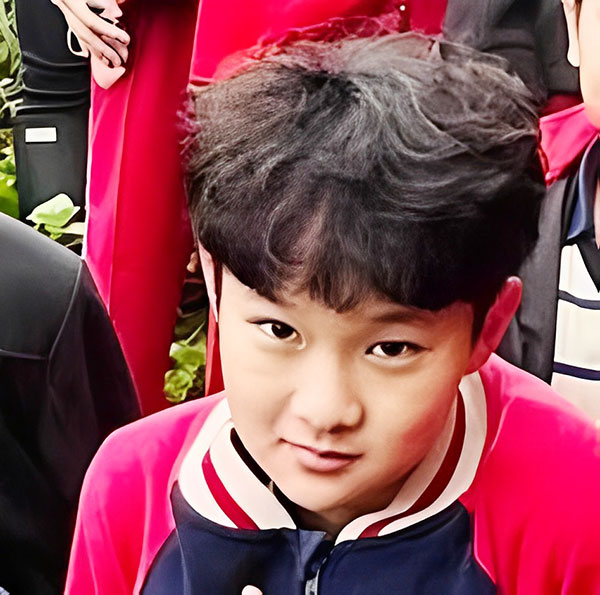
At CyberFair, I had the opportunity to visit Mr. Wang's Tea Farm. It was a very cold place, and we all had to wear heavy coats, but Mr. Wang only needed to wear a t-shirt. He gave us hot tea to drink, and I was very hesitant to try it at the beginning. However, after my first try, both Albert and I were eager for a second and then even a third cup. Mr. Wang also taught us about his tea farm. His impressive amount of tea plants were cultivated with great care and attention. Before visiting, I didn't know much about tea farms, but after learning from Mr. Wang, I now understand the importance of taking good care of the plants and protecting the lives around the environment.
Top
Claire Chuo

At Mr. Wang's tea farm, we learned that everything was organic, and he did not use any pesticides or chemicals. We were able to observe many different species of insects and plants, particularly moths and butterflies. These were remarkable and very unique. There were also animals like pangolins and squirrels roaming around the tea farm. How amazing!
Top
Zetta Chang

We had an amazing experience visiting Mr. Wang's tea field. He has turned his farm into an organic paradise. Mr. Wang told us that he used to use pesticides, but changed his methods after a family member passed away. The farm was filled with life - buckets of water with tadpoles, spider webs with leaves, and butterflies flying around. Even though it was a large farm, Mr. Wang took the time to explain every detail. We ended our trip with a few cups of hot black tea. We are now aware of the benefits of organic farming, and are grateful to Mr. Wang for sharing his knowledge and experience with us.